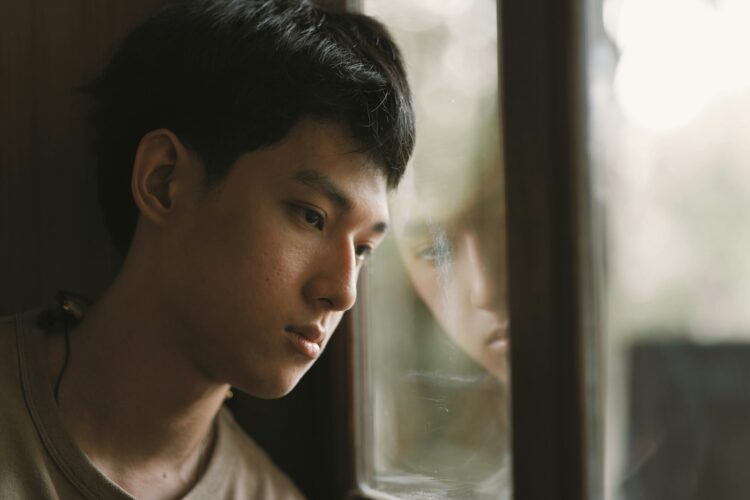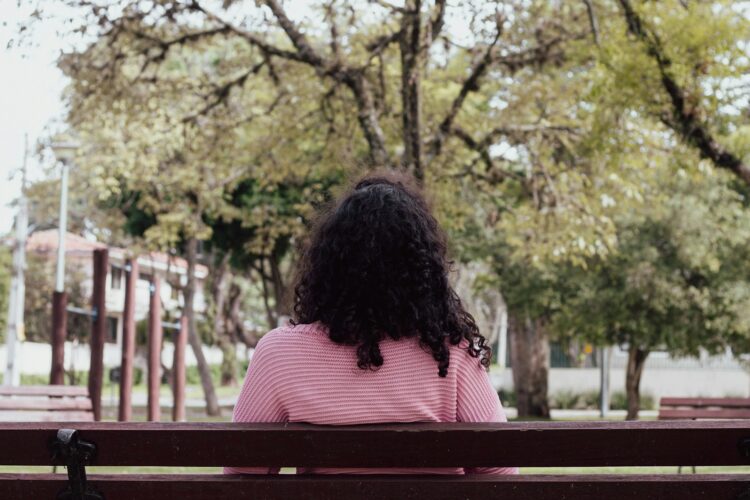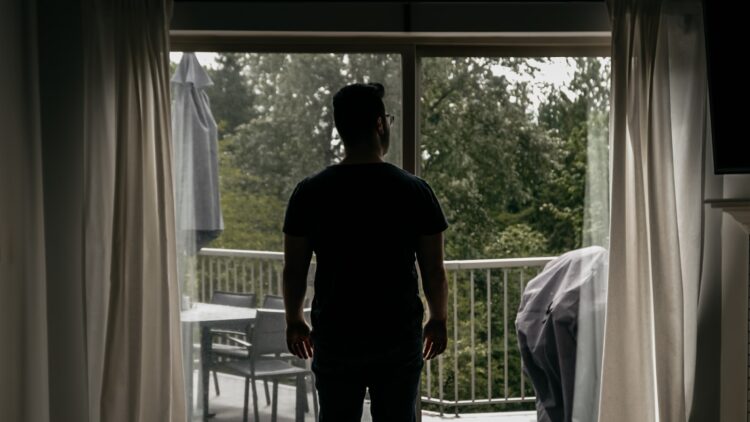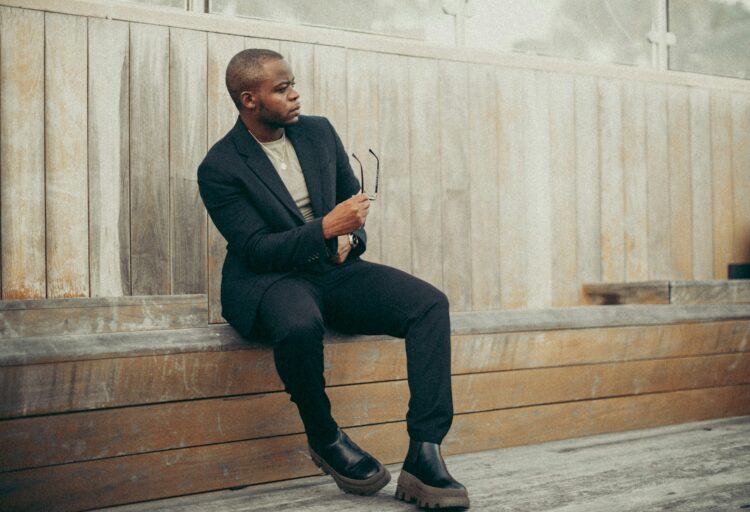
While atheists are open about their lack of belief, there are some thoughts, frustrations, and private admissions they tend to share only with others who see the world the same way. It’s not necessarily about secrecy — more about avoiding unnecessary arguments, judgment, or misunderstandings. Within a circle of like-minded friends, these confessions can be voiced freely, without having to soften the truth or walk on eggshells.
They Sometimes Feel Social Pressure to Stay Quiet

Even without fear of religious backlash, atheists may avoid voicing their views in certain settings. Workplaces, family gatherings, or community events can become tense if belief comes up. Around fellow atheists, they admit they sometimes bite their tongue, not because they doubt their stance, but because it’s easier than risking awkwardness or heated debates they don’t feel like having.
They’ve Pretended to Be Religious for Convenience

From bowing their head during a prayer at dinner to nodding along at a religious ceremony, many atheists quietly play along in certain moments. It’s not hypocrisy — it’s social navigation. Among other atheists, they admit these small compromises are often about keeping peace with loved ones or avoiding uncomfortable explanations that would overshadow the occasion.
They Occasionally Miss the Sense of Community Religion Brings

Atheists may reject belief in a higher power but some miss the ready-made social network that comes with belonging to a church or faith group. They don’t envy the doctrine but they do recognize that religion often provides built-in friendships, shared rituals and a feeling of belonging. It’s easier to admit this to someone who understands without assuming it means a change in belief.
They Sometimes Envy the Comfort of Faith

Watching someone find peace in prayer or hope in the idea of an afterlife can stir a quiet sense of longing. Atheists don’t see it as evidence to convert, but they may admit to other atheists that they understand why faith can feel reassuring in hard times. It’s not about wanting to believe — it’s about recognizing the appeal of certainty.
They Worry About Being Stereotyped as Arrogant

The “angry atheist” label is something many work to avoid, yet it lingers. Around other atheists, they can admit the frustration of being assumed hostile toward religion or dismissive of believers. They know their worldview is just one perspective, but explaining that to outsiders can be exhausting when the stereotype overshadows the conversation before it even starts.
They Get Tired of Being Asked Where Their Morals Come From

It’s a question they’ve heard so many times it’s almost predictable: “If you don’t believe in God, how do you know right from wrong?” Among atheists, they can share how tiring it is to defend their moral compass as if compassion, empathy, and ethics require divine origin. It’s not that they mind the discussion — they just wish it didn’t always start there.
They Sometimes Avoid Debates Altogether

Even though they may have strong opinions, many atheists admit they don’t always have the energy to debate belief. It’s not fear of losing the argument, but a recognition that some conversations won’t change minds. Among fellow atheists, they can be honest about picking their battles, saving deeper discussions for people who are genuinely curious rather than confrontational.
They’re More Diverse in Beliefs Than People Assume

Outsiders often imagine atheists as one monolithic group, but in reality, they hold a wide range of political, philosophical, and moral views. Among each other, atheists admit that they disagree — sometimes fiercely — on topics unrelated to religion. The shared lack of belief doesn’t mean identical perspectives, and they’re more open about these differences with those who understand the nuance.
They Sometimes Struggle With Existential Questions Too

Not believing in a god doesn’t mean all big questions are settled. Among themselves, atheists admit they still wrestle with meaning, mortality and purpose. The difference is, they don’t see faith as the answer. These conversations can be deeply personal and they’re often more willing to explore them honestly in the company of others who share their worldview.
They Don’t Always Want to Talk About Religion

Just because someone is an atheist doesn’t mean they want to spend every conversation dissecting belief. Sometimes, they’d rather talk about hobbies, work, or personal goals without religion ever coming up. Among fellow atheists, they admit that constantly being pulled into that topic — especially by those looking for a debate — can be draining.
They’ve Experienced Isolation in Religious Families

For atheists with deeply religious relatives, admitting their lack of belief can lead to tension or even estrangement. Among others who understand they can speak openly about the emotional distance that can develop. They may miss certain family bonds but know being honest about their worldview was necessary for their own integrity, even if it came with a cost.
They’ve Felt Awkward During Religious Traditions They Still Participate In

Weddings, funerals, and holidays often come with religious rituals. Atheists may still attend and even take part out of respect, but it can feel strange internally. They might mouth the words of a prayer they don’t believe in, not wanting to draw attention. Around other atheists, they can share these moments without judgment or pressure to justify them.
They Sometimes Avoid Sharing Their Views Online

Social media makes it easy to broadcast opinions, but atheists may hold back from posting about their beliefs. It’s not about hiding — it’s about avoiding endless arguments in comment sections or the risk of being misunderstood. Among others who get it, they can admit they’d rather keep those discussions to private, respectful conversations than public debates.
They’ve Been Surprised by Who Shares Their Views

Sometimes, the people they least expect turn out to share their lack of belief. It might be a quiet coworker, a childhood friend, or even a family member they assumed was religious. These surprises are often shared and laughed about among fellow atheists, because it reminds them they’re not as alone as they once thought.
They Value Respectful Believers More Than Confrontational Atheists

It might surprise some, but many atheists prefer genuine, respectful dialogue with believers over combative exchanges with those who share their lack of faith but are dismissive or hostile. Among themselves, they admit that kindness and curiosity matter more than being on the same “side” — and that the quality of conversation often outweighs the agreement on belief.

